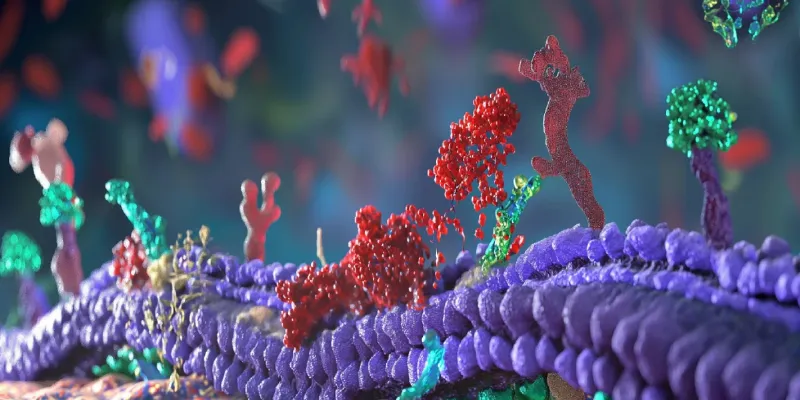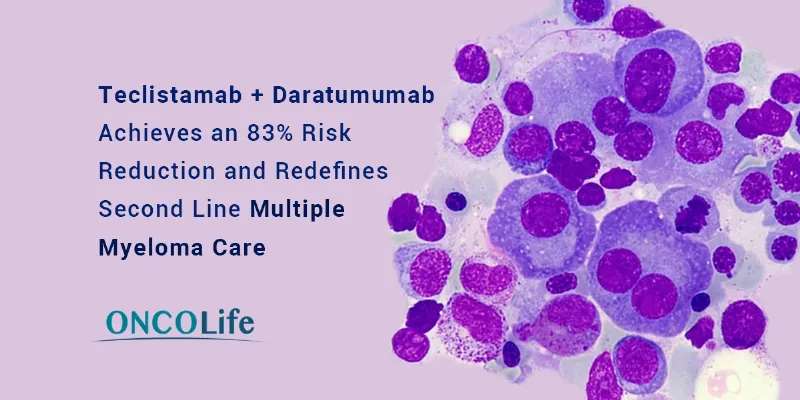Innovent's Obesity Drug, Mazdutide, Could Be a Game-Changer in Obesity Treatment

30 October 2023
Innovent Biologics reports positive results from a 48-week Phase 2 study of their obesity drug, mazdutide. The drug demonstrated significant weight loss, metabolic benefits, and a favorable safety profile. Mazdutide, acting as a dual agonist of GLP-1 and GCG receptors, reduced body weight by 18.6% and making it a potential game-changer in the field of obesity treatment.
Additionally, mazdutide showcased multiple metabolic benefits. Subjects recorded a significant drop in several cardiometabolic indicators, such as waist circumference, blood pressure, liver enzyme, triglyceride, and low-density lipoprotein cholesterol. Notably, there was a mean reduction of liver fat content by an impressive 73.3%. The results were so promising that more than half of the participants achieved a weight loss of 15% or more. Innovent aims to commence a Phase 3 study by the end of 2023.
The safety profile of mazdutide was also commendable. No participants in the study discontinued due to adverse effects, and no serious adverse events were reported over the 48 weeks. The most common side effects were gastrointestinal-related, such as nausea and vomiting, but these were mostly mild or moderate and decreased over time. Importantly, no new safety concerns were identified when compared to other GLP-1-based drugs.
The Phase 2 study is a randomized, double-blind, placebo-controlled study intended to evaluate the efficacy and safety of higher dose 9mg mazdutide in Chinese subjects with obesity. A total of 80 subjects were enrolled and randomized in a 3:1 ratio to mazdutide 9 mg or to placebo. The primary endpoint of the study is the percent change in body weight from baseline versus placebo after 24 weeks of treatment. The study also extended to 48 weeks in subjects that agreed to continue receiving additional 24 weeks of double-blind extension treatment.
Professor Linong Ji from Peking University People's Hospital, a lead investigator of the study, expressed optimism about the drug's future and stated,
“The 48-week results of mazdutide 9 mg in Chinese subjects with obesity revealed robust weight loss efficacy of GLP-1R and GCGR dual agonists, which is at the forefront of the weight loss efficacy of GLP-1 drugs. We also observed cardiometabolic benefits after mazdutide 9 mg treatment, including reductions in uric acid levels and liver fat content. Mazdutide has demonstrated strong and long-term efficacy, as well as good tolerability and safety, suggesting the advantages of mazdutide as a novel dual agonist of GLP-1 and GCG receptors. Mazdutide 9 mg is anticipated to provide an effective and safe weight loss treatment for Chinese subjects with moderate-to-severe obesity and may offer a potential alternative to surgery.”
Innovent is planning to start a Phase 3 clinical study on mazdutide 9 mg for obesity by the end of 2023. If successful, mazdutide could become a leading medical treatment for those with moderate to severe obesity.
The origins of mazdutide trace back to a licensing agreement between Innovent and Eli Lilly and Company. As an analogue of mammalian oxyntomodulin (OXM), mazdutide not only promotes insulin secretion and reduces body weight but also improves hepatic fat metabolism. Its potential benefits extend to reducing blood glucose levels, waist circumference, blood lipids, and blood pressure.
As the world grapples with the obesity epidemic, drugs like mazdutide offer a ray of hope. The comprehensive benefits it brings to the table could revolutionize obesity treatment and offer millions a chance at a healthier life.
Mazdutide safety profile
- No subject in the mazdutide group discontinued treatment due to adverse events through 48 weeks of treatment. No serious adverse events occurred through 48 weeks of treatment.
- Gastrointestinal adverse reactions (nausea, vomiting and diarrhea) were the most common adverse events, most of mild or moderate severity.
- The incidence of gastrointestinal adverse reactions reduced during the extended treatment period to 48 weeks and most were mild.
- The increase in heart rate in the mazdutide group was similar to that in the placebo group after 24 weeks of treatment, with no further increase in heart rate being observed during the extended treatment period to 48 weeks. No signal of increased cardiovascular risk was observed throughout the treatment period of 48 weeks.
- The profile of adverse events through 48 weeks of treatment was consistent with that observed in previous studies of mazdutide and other GLP-1-based drugs, with no new safety signals observed.
About Mazdutide
Innovent entered into a licensing agreement with Eli Lilly and Company (Lilly) for the development and potential commercialization of OXM3 (also known as mazdutide), a GLP-1R and GCGR dual agonist, in China. As a mammalian oxyntomodulin (OXM) analogue, in addition to the effects of GLP-1 receptor agonists on promoting insulin secretion, lowering blood glucose and reducing body weight, mazdutide may also increase energy expenditure and improve hepatic fat metabolism through the activation of glucagon receptor. Mazdutide has demonstrated excellent weight loss and glucose-lowering effects in clinical studies, as well as reducing waist circumference, blood lipids, blood pressure, blood uric acid, liver enzymes and liver fat content, as well as improving insulin sensitivity, bringing multiple metabolic benefits. Currently, three key Phase 3 studies of mazdutide 4 mg and 6 mg in Chinese patients with overweight or obesity (GLORY-1) and type 2 diabetic (DREAMS-1 and DREAMS-2) subjects are underway. The Phase 2 clinical study of mazdutide 9 mg in Chinese patients with obesity is in progress. The Phase 3 clinical study of mazdutide 9 mg in Chinese subjects with obesity will be initiated at the end of 2023.











Comments
No Comments Yet!